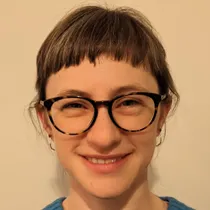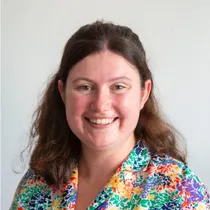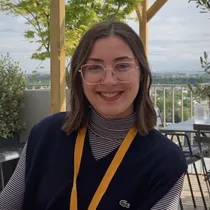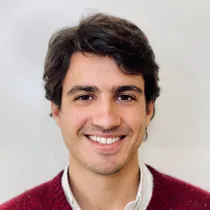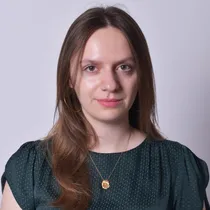Presentation
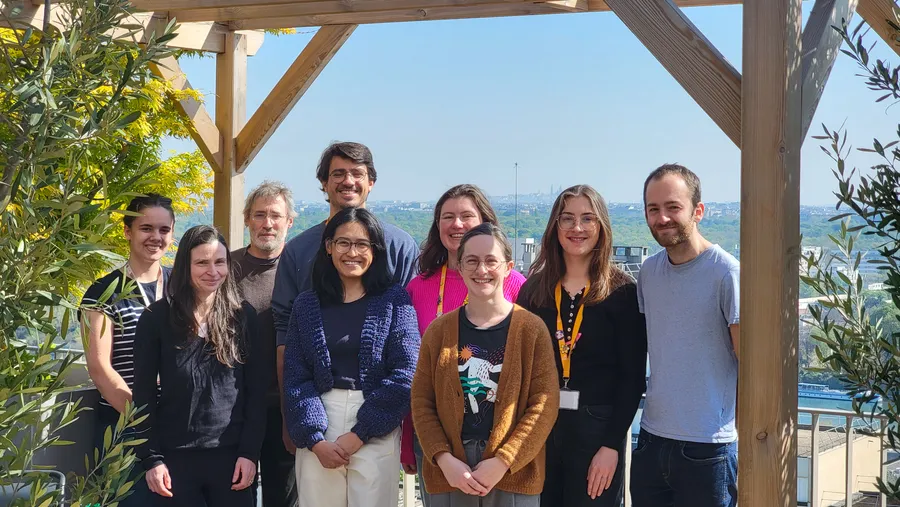
Transcriptional deregulation is a critical aspect of cancer biology, that affects tumor initiation, maintenance, response to treatment, and recurrence. Indeed, the transcriptional program responsible for development and cell type diversity is also responsible for cancer cell states.
Spontaneous applications for dry-lab project are welcomed, a minimum of bioinformatics/data analysis skills is asked. Please email florence.cavalli@curie.fr.
This program is controlled by master transcriptional regulators that drive genes’ transcriptional output. We study transcriptional (de)regulation and cancer master transcriptional regulators in two major contexts: (i) temporal heterogeneity specifically in the setting of recurrent disease and (ii) intra-tumoral heterogeneity. These types of heterogeneity are of critical clinical importance since they represent two major causes of treatment failure. The few studies performed on treatment resistant recurrences showed that they are highly genetically different from the matched untreated diagnostic samples. In addition, intra-tumoral heterogeneity studies focused on genetic events have shown significant geographical heterogeneity across several tumor types. However, despite the identification of genetic and epigenetic events with spatial and temporal disparity, the heterogeneity at the level of master regulators, that drive cancer from ontogeny through to oncogenesis is unknown and the specific driver pathways resulting in treatment resistance have proved elusive. An improved understanding of the transcriptional program and especially of the master regulators driving the cancer-specific programs is therefore of critical importance.
In order to decipher mechanisms of resistance, we focus on the master regulators that drive transcriptional output. An understanding of the temporal changes in transcriptional programs is a powerful tool to understand tumor evolution and treatment resistance. We analyse and perform integrative studies of NGS data, single-cell data, and clinical information from patient samples to increase our understanding of tumor heterogeneity and resistance to treatment, especially in high-grade gliomas.








